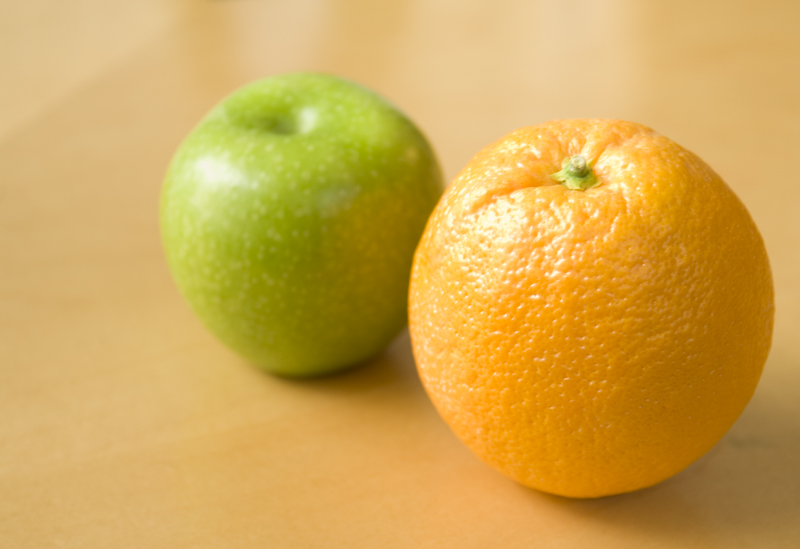This is a myth.
One of the most common criticisms levelled at DOAJ, particularly over the last 5 years, is that the index is not inclusive enough; that its coverage is poor; and that it lists only a fraction of the open access journals that exist. Our research shows that many journals reported as “missing” from DOAJ have a failed application or have been removed for not meeting DOAJ standards.
Diverse
It is true that DOAJ’s coverage is not complete but it does hold a very diverse set of journals from 130 countries. The top 10 countries with the most journals in DOAJ are a mixture from the global north and the global south.
Journals must apply to be indexed in DOAJ. They can be from any country, in any subject and in any language. We welcome enquiries from editors of journals who may not be sure whether or not they should apply to be indexed.
Thus far, we have rarely had to solicit applications, although that is what we will start doing in 2019. We will do this to: increase our coverage of non-English language journals, social science, humanities and arts journals, journals from the global south; and to increase coverage in key disciplines.

Where are all the open access journals?
We are often labelled as unreliable because we don’t index all open access journals. We would remind the community that we are not an index of open access journals but an index of quality, peer-reviewed open access journals – journals which meet our basic criteria, and sometimes more.
The question of inclusiveness has to be seen in relation to other indexing services. DOAJ lists 7798 quality open access journals that are not listed in either WoS or SCOPUS. Full results of our research, comparing DOAJ against 3 indexes will be published here soon.
Some other databases seem to trawl the internet for any evidence of a “journal” without really doing any filtering or quality assessment.
Here is just a selection of the many reasons why DOAJ does not index the sometimes thousands of open access journals that can be found in other databases. DOAJ does not index journals that:
- have ceased publication
- haven’t published anything for up to two years
- are hybrid
- use a definition of open access that is not the BOAI definition
- require people to register to access content
- apply embargoes on full-text content
- do not perform effective peer review (we allow editorial review only for some arts and humanities journals)
- do not have a confirmed ISSN
- do not have an up-to-date, transparent editorial board
Other journals may have once been in DOAJ but have been removed for various reasons, particularly because they did not reapply when DOAJ enforced stricter entry criteria, or because their website no longer functions.
We will always work with publishers to help them get their journals into DOAJ and we welcome new applications at any time!
Picture credit: By Michael Johnson – originally posted to Flickr as ‘Apples & Oranges – They Don’t Compare’ CCBY 2.0

Un Commentaire